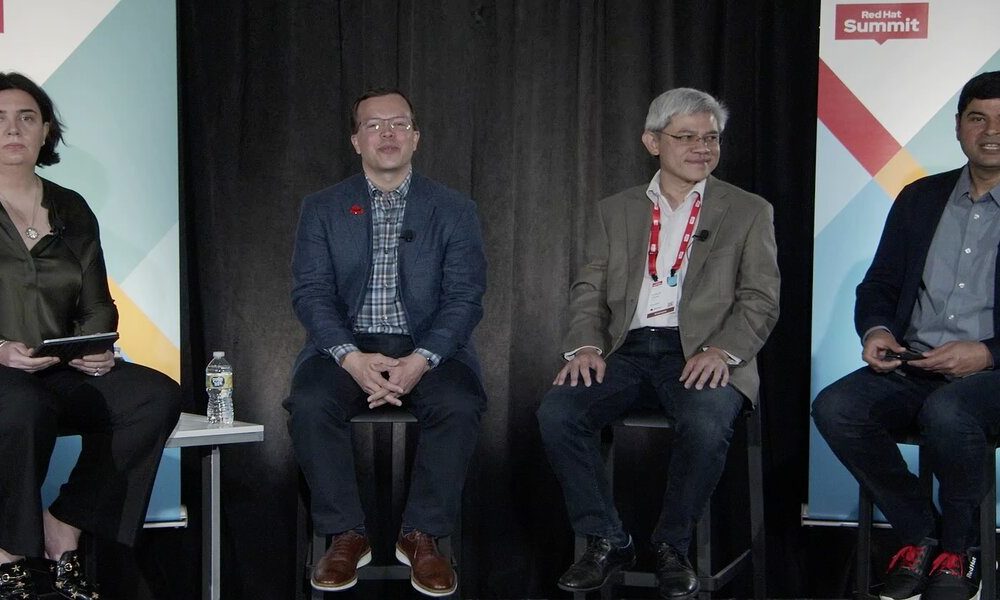
20% of workers and up to 50% of students use the phrase “I’ll do it later” to postpone those tasks that are boring or difficult, this is called procrastination and it is an intergenerational problem that affects a large number of people.
Procrastination is not just avoiding tasks to do them later, but the feeling of putting something off until the last minute generates stress, great anxiety and a sense of failure due to the immediacy that the task suddenly requires, and the total time that has been had to carry it out. This emotion stems from poor time management and guilt over feeling that it could have been done more efficiently.
When procrastination becomes a constant habitit is easy to think that it is impossible to get out of the circle, but the reality is that, with the necessary management tools, it can become very easy to create efficient work and study routines so as not to fall into the same problem again, according to indicate from Fierce Productivity.
Causes of procrastination, laziness or rejection?
procrastination does not come from laziness, if not that its source is the negative reaction produced by the performance of certain tasks, which can be too demanding, or very monotonous and boring. Many people, faced with the initial rejection caused by performing these tasks, prefer to spend their time with other types of activities such as checking emails, bank accounts or cleaning in order to feel productive.
The reality is that these types of activities do not add much value, since they are avoiding the main source of stress, and when the time to finish the task that causes rejection is imminent, performed with great discomfort and stress, and with much less time than was initially available.
The environment, temptations, low self-confidence caused by bad habits, overconfidence or lack of energy and motivation are also some of the main causes of procrastination.
With the aim of ending toxic habits, Miguel Navarro, CEO of Feroz Productivity, proposes to create new healthier habits that can generate a better bond with work and studies and, consequently, with oneself.
- Activation: The first step to break procrastination is to get going as soon as possible. If the goal is to lose weight, starting the diet at this time is something that will help. Making decisions, even if difficult, is essential to activate change.
- Planning: At the beginning of each day it is essential to locate the most important tasks in the medium-short term, since during this time the level of focus is much higher, and it is best to direct that energy on the most relevant tasks. In addition, when a heavy task has been carried out that generated a lot of rejection at the beginning of the day, the rest of the day will feel much lighter and will have been worth the effort.
- Split the work: It’s normal to magnify an unpleasant task, but breaking down the work and setting smaller goals can help take some of the pressure and rejection away from a task. Breaking a task into phases generates a positive feeling each time one of those small tasks is completed, and helps to carry out the others with greater motivation. Defining a limited time for each task will also be of great help.
- Eliminate distractions and bad habits: Currently it is easier than ever to find distractions, the smartphone is a tool that facilitates work and social life, but it is also a source of distraction. Although it can be difficult, you have to try to gradually eliminate these small habits that influence the loss of productivity.
- Vision: visualizing the achievement of goals and success will help make it a reality.
- Protect time: it is necessary to prioritize time and say no to certain plans that are not a priority. Some of the activities that people carry out in their day to day are necessary, or they are desirable, in these cases it is good that they carry them out, but many of these activities tend to be done out of commitment and not because they have a real desire or because some kind of benefit is going to be obtained, in these cases it is best to say no and protect the useful time.
- Disconnect: Planning moments of disconnection can help you enjoy them more intensely and avoid the guilt of not doing any productive tasks. Actually, disconnecting and dedicating a scheduled time to a hobby is something that will increase productivity by far.



